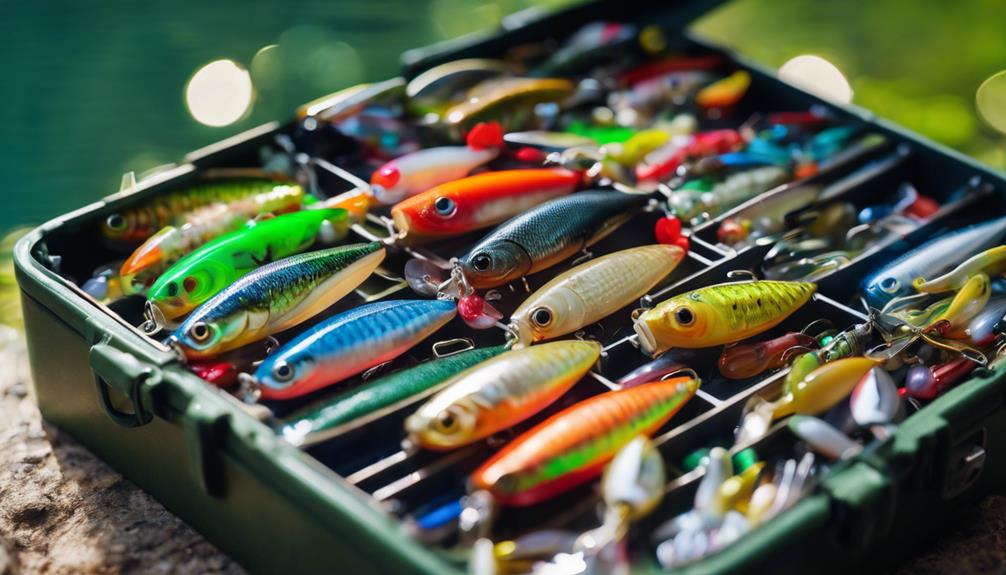Fishing is not just a hobby; it’s an experience that connects individuals with nature. However, before you cast your line, it’s crucial to understand the regulations surrounding fishing licenses, especially the question: what age needs a fishing license? This guide aims to provide clarity on fishing licenses, age requirements, and the importance of adhering to these regulations.
Understanding Fishing License Requirements
Fishing licenses are essential for both recreational and commercial fishing. They serve to regulate fish populations and protect aquatic ecosystems. Most states require anglers to obtain a fishing license before they can legally fish in public waters. The specific age at which individuals must acquire a fishing license varies by state, which is why understanding your local regulations is crucial. Typically, young children under a certain age are not required to have a fishing license, but this age limit can differ significantly from one jurisdiction to another.
Age Requirements for Fishing Licenses
In many states across the U.S., children under the age of 16 are generally exempt from needing a fishing license. However, this exemption can vary, so it’s essential to check your state’s regulations. For instance, some states may require children aged 12 and older to have a fishing license, while others may have different age brackets or specific rules for certain types of fishing. Always ensure you are informed about your state’s laws to avoid potential fines or penalties.
Variations in Age Limits by State
The age at which one needs a fishing license can vary widely. States like Texas and Florida allow children under 16 to fish without a license, while states like New York require licenses for those over 16. Some states also offer free or discounted licenses for younger anglers, encouraging families to engage in fishing as a bonding activity. To ensure compliance with local laws, always consult the state’s wildlife agency or department of natural resources for the most accurate information.
Importance of Fishing Licenses
Acquiring a fishing license serves several vital purposes. Firstly, it helps fund conservation efforts aimed at maintaining fish populations and preserving aquatic habitats. The fees collected from fishing licenses are often directed toward initiatives that promote sustainable fishing practices. Secondly, having a fishing license instills a sense of responsibility in anglers, reinforcing the importance of adhering to regulations designed to protect natural resources.
Special Licenses for Young Anglers
Some states offer special licenses or permits specifically designed for young anglers. These licenses often come at a reduced cost or may even be free, making it easier for families to introduce children to the joys of fishing. In addition to standard licenses, some states also provide educational resources to help young anglers learn about fishing techniques, conservation, and safety practices. These initiatives aim to foster a new generation of responsible and knowledgeable anglers.
How to Obtain a Fishing License
Obtaining a fishing license is typically a straightforward process. Most states offer online applications, allowing individuals to purchase their licenses from the comfort of home. You may need to provide personal information such as your age, address, and identification. Additionally, some states require you to pass a fishing education course before you can acquire a license, particularly for first-time anglers or young individuals. Always check the specific requirements of your state to ensure a smooth application process.
Consequences of Fishing Without a License
Fishing without a valid license can lead to significant consequences. Depending on the state, anglers may face fines, penalties, or even criminal charges for fishing without a license. Additionally, fishing without a license undermines conservation efforts, putting pressure on local fish populations and habitats. To avoid these repercussions, it’s essential to understand the licensing requirements in your area and ensure you are compliant before heading out on your fishing adventure.
Conclusion: Embracing Fishing Responsibly
Understanding what age needs a fishing license is crucial for anyone looking to enjoy the thrill of fishing. By familiarizing yourself with local regulations, obtaining the appropriate licenses, and promoting responsible fishing practices, you contribute to the preservation of aquatic ecosystems and ensure that future generations can enjoy the same experiences. Fishing is a wonderful way to bond with family and friends, explore nature, and develop a deep appreciation for our natural resources. So grab your fishing gear, check your local regulations, and embark on an adventure that promises relaxation, excitement, and connection with the great outdoors.
—
By addressing the specific question of what age needs a fishing license and providing comprehensive information on related topics, this blog post is optimized for search engines while delivering valuable content to readers. Whether you’re a seasoned angler or a beginner, understanding fishing licensing helps ensure a responsible fishing experience.
